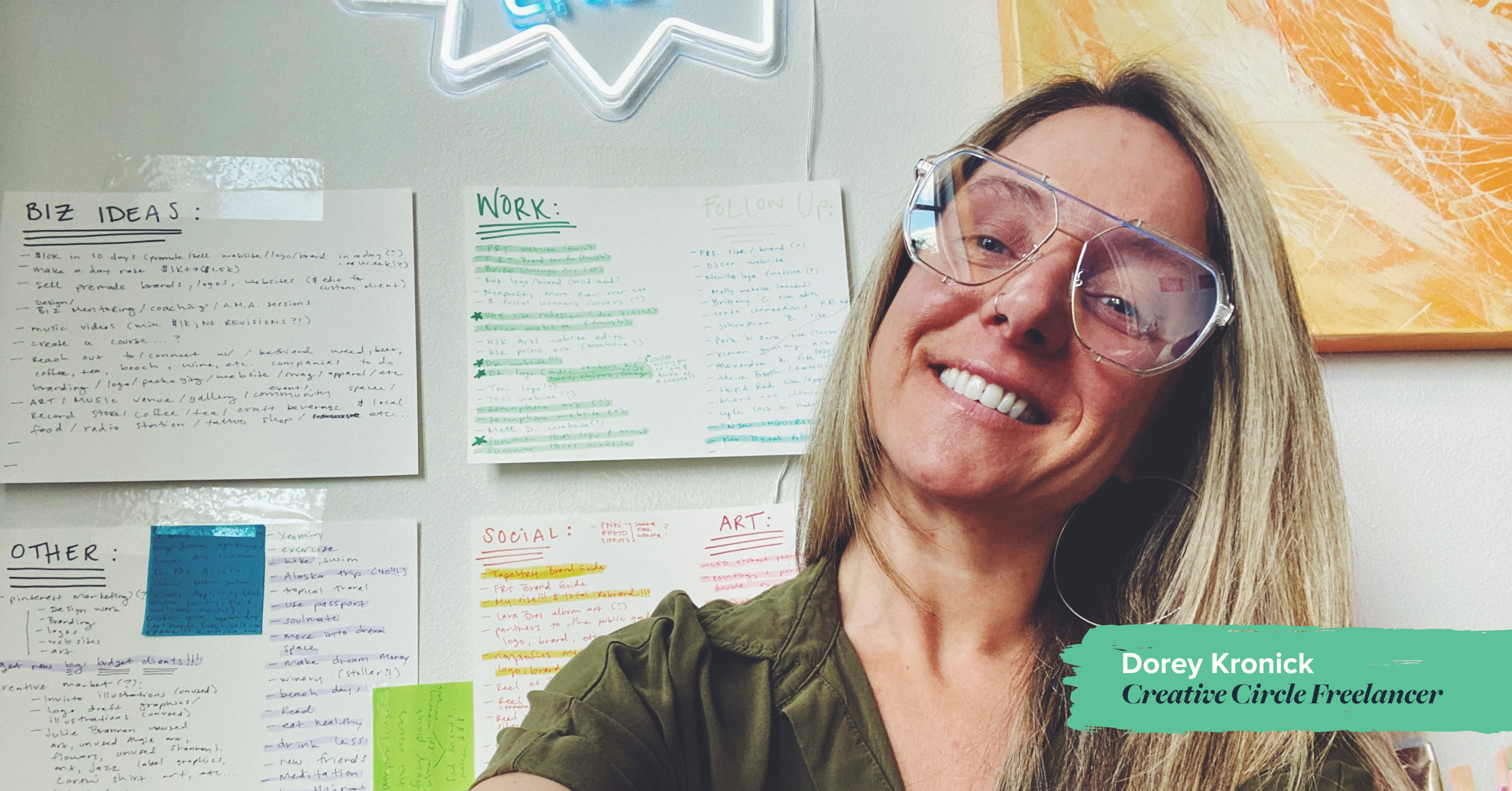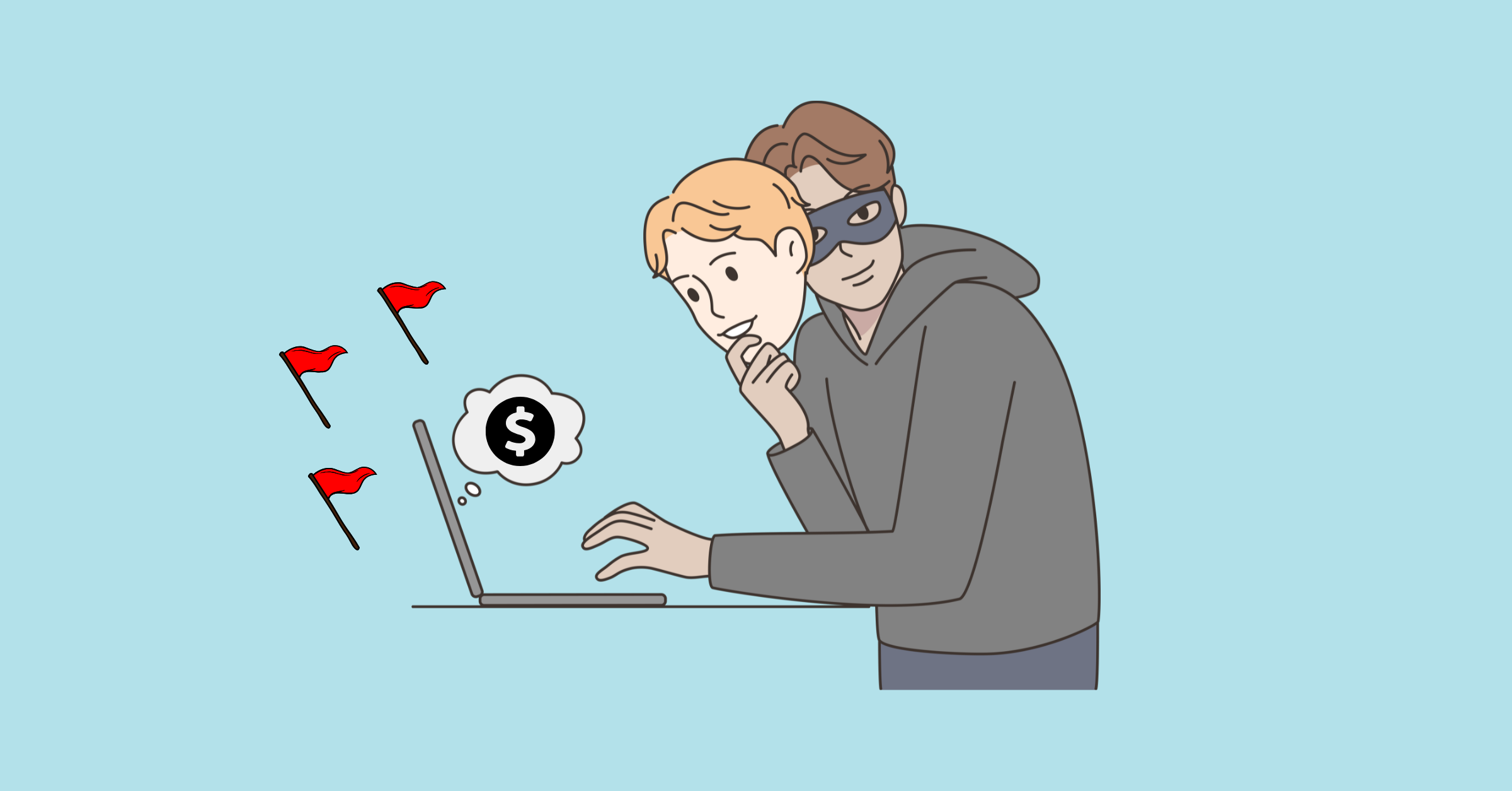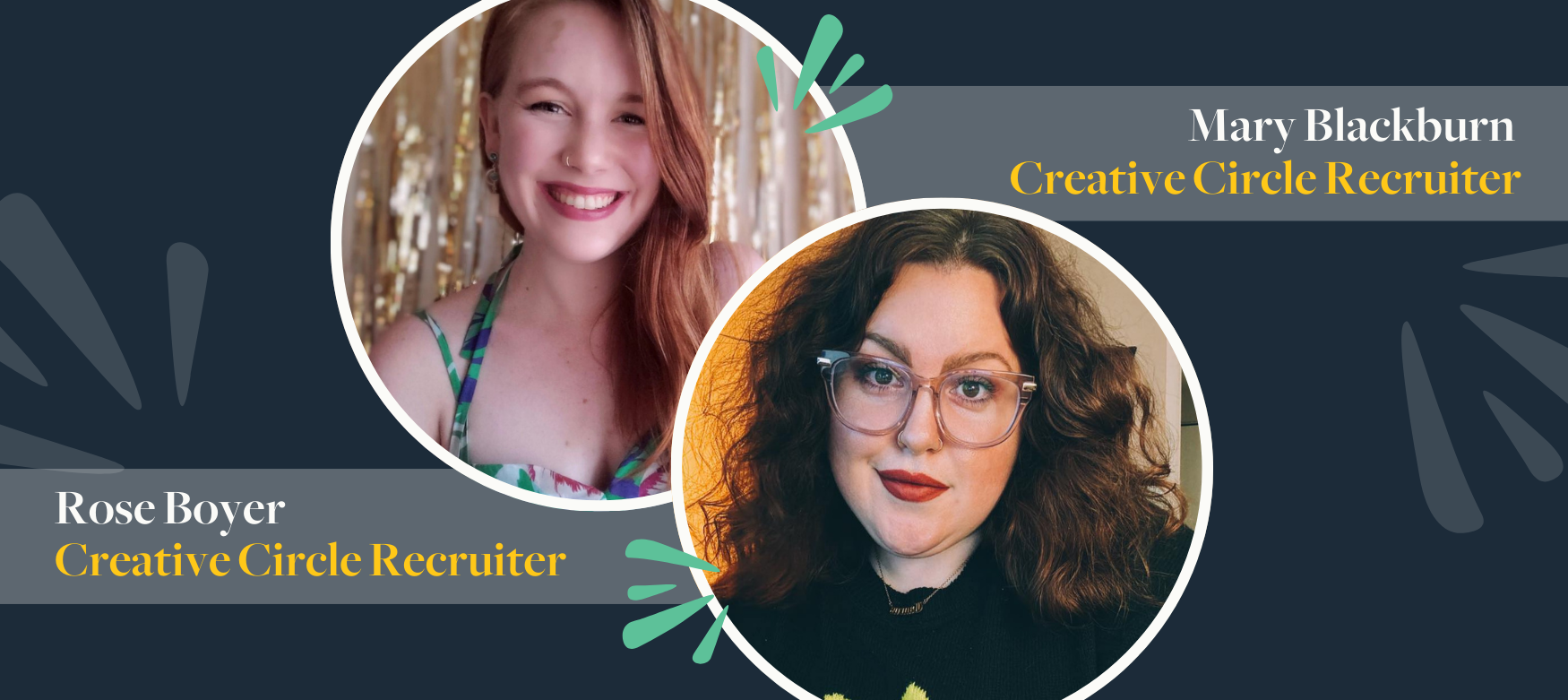When many freelancers make the transition from side-hustle to legitimate, full-time business, there’s a lot of trial and error — especially regarding how to do money. Some of those errors are big enough (and costly enough) that you want to avoid making them at all.
These are four of the worst mistakes that can tank your financial stability — and your ability to sustain your new business. We’ve also included ways to fix them or avoid the pitfalls to begin with.
Mistake #1: You’re not charging enough for the project.
There are a lot of complicated formulas out there to help freelancers determine their hourly rates. An easier and more practical way to determine your rate is by studying what comparable talent commands in your market. However, it’s not the hourly rate that usually throws a wrench into your finances: it’s when you don’t understand the scope of the project, and quote a price for 15 hours when it’s really going to take you 25, or you don’t take into account miscellaneous expenses that might crop up along the way.
The solution: Ask all the questions before you quote a price. Spend time doing your research and understanding the scope of the project before you quote a number. As a new freelancer — even as an experienced professional who really wants to acquire a client — you probably want to seem flexible and agreeable. You may even be afraid of asking too many questions, lest you look inexperienced or annoy a potential client. On the contrary, these questions make you look engaged and knowledgeable. This is an essential process for doing your best work and being paid fairly for it.
Mistake #2: You’re not bothering with contracts.
If you’re lucky, you’ll get a lot of word-of-mouth referrals from your clients and even friends of friends. Because you want to keep the relationship congenial, you may think, “Why bother with a contract?” But then you’re on the hook when you quoted a price assuming two rounds of revisions and your client insists that you give them five rounds and personally do a press check. Not only do you lose money on the project, but these obligations also keep you from taking on new clients and projects.
The solution: Insist on a contract. Even if it seems like a formality, a contract can save your butt — and an awful lot of money. HOW Magazine has some brilliant advice on creating contracts (including calling it a ‘letter of agreement’ rather than a contract, which sounds nicer and can help a relationship stay on friendly terms). The article is aimed at designers, but the ideas are broad enough to apply to almost any kind of freelancer. Don’t trust your financial future to a smile and a handshake — get it in writing.
Mistake #3: You don’t have a sufficient savings cushion.
When you’re first starting out on your own, money is going to be your biggest worry. Even if you already have a roster of clients and substantial projects in the pipeline and regular, recurring work — you just never know. On top of that, many companies can take as long as three months to pay an invoice (check out this woeful tale about how the world’s most prestigious publishing company pays its freelancers). Experiencing a significant lag in business can force you to take on projects that you’re not super excited about, or go back to a full-time job.
The solution: Don’t take the plunge until you’ve got at least a six-month cushion. Before you strike out on your own, you should have enough money saved up to cover all of your business and living expenses for at least six months — that includes food, rent on both your place of residence and a studio or small office (if you have one), residential and business utilities, and business incidentals. (And that’s AT LEAST six months.)
Even if you’re in your 20s and life is good and retirement seems like it’s a million years away, you must have a financial cushion to deal with the unexpected (e.g., getting into a car accident and needing to pay a deductible and other expenses) as well as put some away for later.
Mistake #4: You’re conducting business using personal accounts.
Perhaps it’s force of habit or just that there’s so much other work to keep track of, but many freelancers use their personal checking accounts and credit cards to do business. “What’s the difference?,” you might think. Well, even if you don’t see yourself as a small business owner, Uncle Sam does. Avoid wasting time and money, and really see how much you’re really bringing in and spending on the business every month.!
The solution: Shop around for small business banking services. A dedicated checking account for your business can help you keep track of your expenses and earnings, which makes doing your taxes at the end of the year much easier.
If you’re just starting out, it’s probably easier to open a new account where you do your personal banking. However, some banks offer packages tailored for new small businesses and startups, including services that work seamlessly with business accounting software like Quickbooks. Many banks also offer other timesaving services and promotions to try and earn your business.
(P.S. Having separate, business-only accounts isn’t a substitute for fastidiously tracking your finances with your own system or a good app like FreshBooks, Wave, or Mint, but it’s a good start.)
Now, get back to work!
The point of all of these ideas isn’t to create more work for you. They help you automate and protect your business. After all, the less time you waste worrying about and chasing your money, the more time you have to do what you’re really good at.
Lisa is a Creative Circle candidate and seasoned advertising copywriter who lives in Los Angeles. Her background includes both in-house and agency work on Fortune 500 and global accounts in the consumer and healthcare/pharmaceutical fields. She excels at words, fashion, and cats. If you want to work with Lisa, contact Creative Circle Los Angeles.




